The steel industry, a major contributor to global carbon emissions, is expected to increase emissions by 44% by 2050 if left unchecked. However, green steel from zero-emissions hydrogen could reduce emissions by 54% by 2050. This technology could be a catalyst for the decarbonisation of other industries like fertiliser, transportation, and glassmaking. The cost of producing green steel from zero-emissions hydrogen is estimated to be US$2.8trn.
Global steel demand in 2022 was estimated at 1.8 billion tons, with forecasts for it to grow to 2.5-2.8 b/t by 2050. The per-capita stock of steel is estimated at 12 tons in the US, 7.5 tons in China, and 4.5 tons in the rest of the world. As the global economy continues to expand and more economies industrialize, the primary lever for the steel industry to decarbonise is not from lower demand but rather adopting new production processes, including producing steel from zero-emissions hydrogen.
The global average of carbon emissions for every ton of steel produced is 1.85 tons. As economies mature, the raw material used in steel production changes, and with it, the carbon intensity. In developed markets, scrap steel is the primary raw material for steel production in an electric arc furnace (EAF), emitting 0.4 ton of CO2 per ton of steel. In emerging markets, the emission intensity is 2.3 tons of CO2 per ton of steel produced.
Europe stands at the forefront of green steel production, leveraging low renewable energy costs and supportive government policies. The region boasts carbon emissions from steel well below the global average, at 1.1 tons of CO2 per ton of steel. In the United States, the Inflation Reduction Act encourages hydrogen production, albeit with a focus on gas-produced hydrogen. India, while aiming for a net-zero commitment by 2070, faces the challenge of technology transfer and accelerated net-zero commitments to align with global warming targets. Chinese steel companies, though having decarbonization plans, are still less advanced compared to other Asian or developed markets, relying on hydrogen produced from gas as a transition fuel.
The imminent transition to green steel, utilizing hydrogen as both the reductant and heat source, is anticipated to take root in developed markets. However, ensuring the successful decarbonization of the global steel industry requires unwavering support and technology transfer for emerging markets to bridge the gap and contribute to a sustainable future.


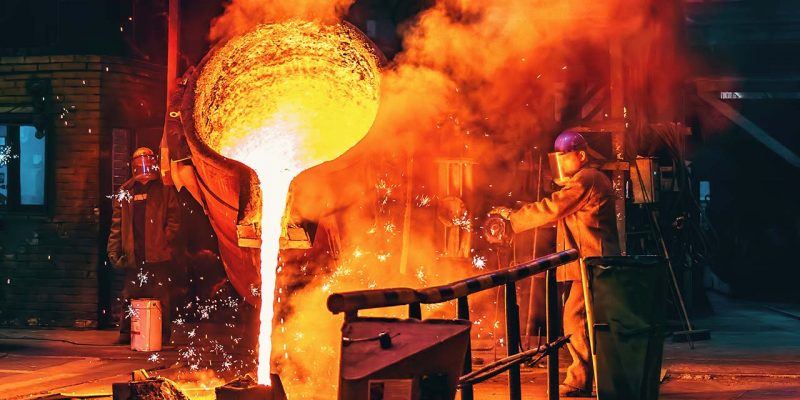
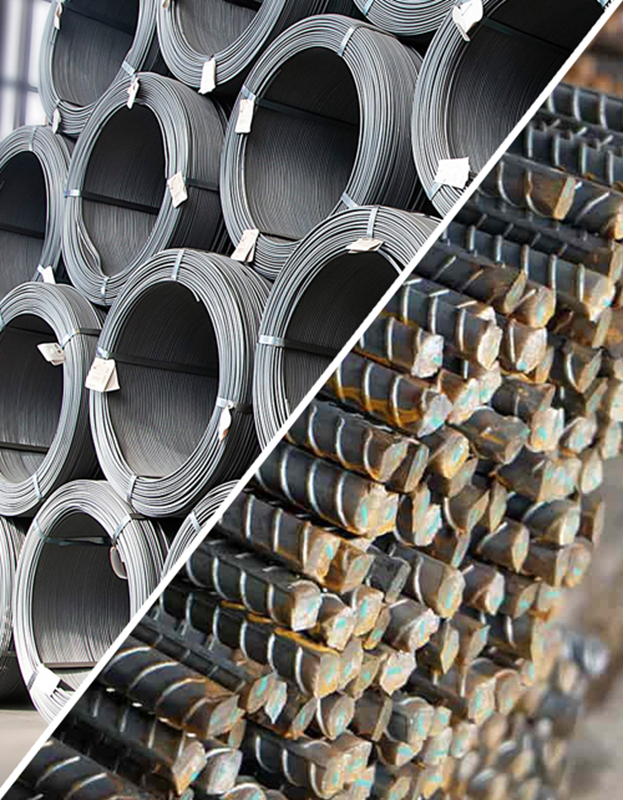
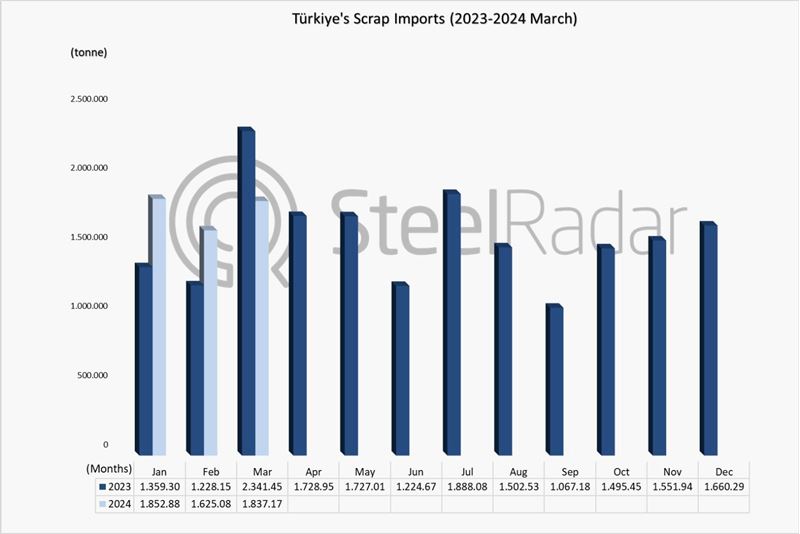
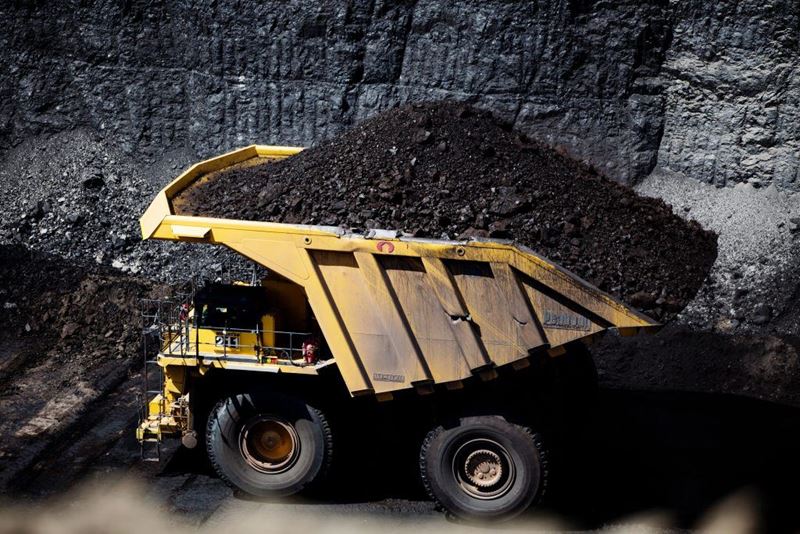
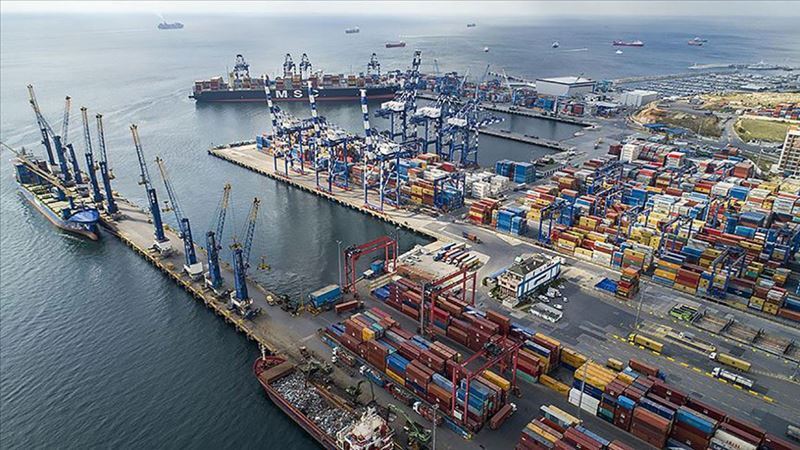
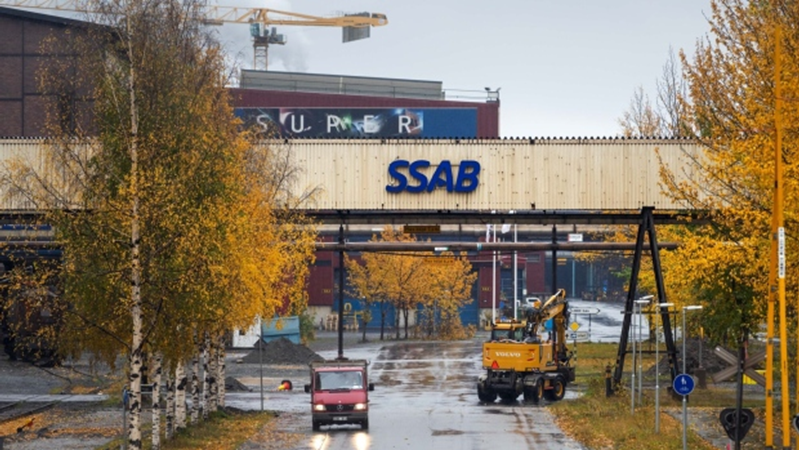

Comments
No comment yet.